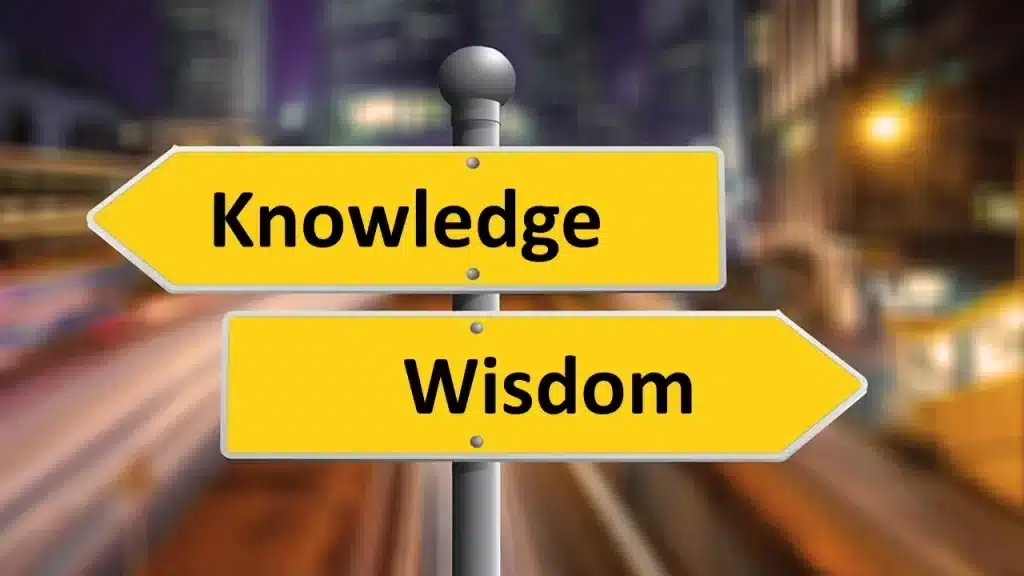I’ve reached an age where I wonder: what’s it all about? And, how’d I get here? “Here” being me in the here and now. I expect that’s rather common. But I suspect most people search for their answers in wildly different places. And I’ve little doubt that they, each of them, come to as many conclusions are there are people.
Then again, perhaps not. I know a great many people who
look no further than their family; and find little meaning elsewhere. If they
do, look elsewhere, they keep their quest to themselves. Outwardly, they speak
only about their family, parents, children, grandchildren. That’s fair, given
how much they’ve invested in it. There are others who converse only about
sports. Or politics. To each his own. Sports is an easy subject: it ruffles few
feathers. Politics is another matter; if there is a more divisive subject, I
don’t know what it is.
Sadly, I may be in that latter camp. Recently, though, I’ve
begun to realise that there is little point in expressing any opinion on the subject,
however much I wish to: no one, I’ve come to realise, will ever change anyone
else’s opinion. Ever. Regardless how exacting one’s argument might be, regardless
how insightful they might believe theirs is, it matters not a jot; the listener
will only double down on their belief, not matter how ill-thought-out or erroneous
the speaker may find it.
Perhaps that’s my first spark of illumination, my first glimmer
of wisdom. More to follow, maybe.
Where might one find wisdom? Most people once gained what
passed as that illusive state listening to their elders, a process begun at
birth. It’s what we do: we observe, we collate, file away, and filter
everything we see and hear through the sieve we were taught. One only observes
the world through tinted lenses, as it were. Sadly, not all lenses are equal. Some
lenses are cracked. Some are gloriously kaleidoscopic. Most are merely banal.
Which is mine? That might depend on the listener. Given
the response I receive from the limited audience I observe, mine is largely out
of step with those around me. We just don’t see eye to eye. We consume
different news, and indeed different entertainment. I watch sports, like a
great many other people I cross pass with, but am bored by the endlessly repetitious
discourse surrounding it. Besides, what wisdom can be mined from it? Perseverance,
for one; that might be its most important lesson. That and giving one’s all to
a cause. I find sports riven with tribalism, however. That heated arguments
should ensue over the colour of one’s preferred jersey baffles me. More
damning, and this is my prejudice, far too many of the “weak” have been bullied
by golden god “jocks,” for reasons apparent to only those predatory
perpetrators, for me to enjoy their company, should they ever let slip they were
ever one of their number. Enough said on that.
Recently, I’ve actually begun to consume more classic
literature, and history, and biography and memoirs. And poetry. And philosophy.
I have, in conversation, expressed the opinion that truth
can be found in Fiction. That has ruffled certain feathers and raised ardent criticism.
How can fiction be truth, they disagreeable cry! Simply thus: an author ponders
the truth of their time. That truth is filtered through the lens of their time,
their experience, and their culture; but it is truth, all the same. Of a sort. Hemingway’s
view of the world was very different from Faulkner’s. Jane Austen’s
observations were different from Emily Bronte’s. So too Timothy Findley’s from
Cormac McCarthy’s. Each will see the world in very different light, depending
on upbringing and experience. Each is as valid and the next. Granted, an author’s
views must be vetted: someone writing in the antebellum South may have views
and prejudices that are decidedly abhorrent to your own. But one can learn from
that. Call it time travel. Or immersion.
I’ve read that reading fiction fosters empathy. It allows
you, the reader, to get into someone else’s head, and to know them (the
fictional character, and perhaps even the author) more intimately than you could ever know your closest acquaintances.
One can never truly know another’s heart and mind, after all, however long you’ve
known them. We humans are complex beings. We change. In that light, we may never truly even know ourselves. Our understanding of our world will never be complete, either. But characters in a novel are. They are the creation of the writer.
And they are aspects, fragments of their inner consciousness. If one can gain
such insight and empathy from fictional characters, and engage in social
commentary from decades, even centuries past, one wonders what one might
glean from Marcus Aurelius’ Meditations, or from Plato and Epicurus, or Homer
and Aeschylus. Or Arthur Miller and Tennessee Williams.
It’s all grist for the mill in terms of Wisdom, to my
mind.








No comments:
Post a Comment